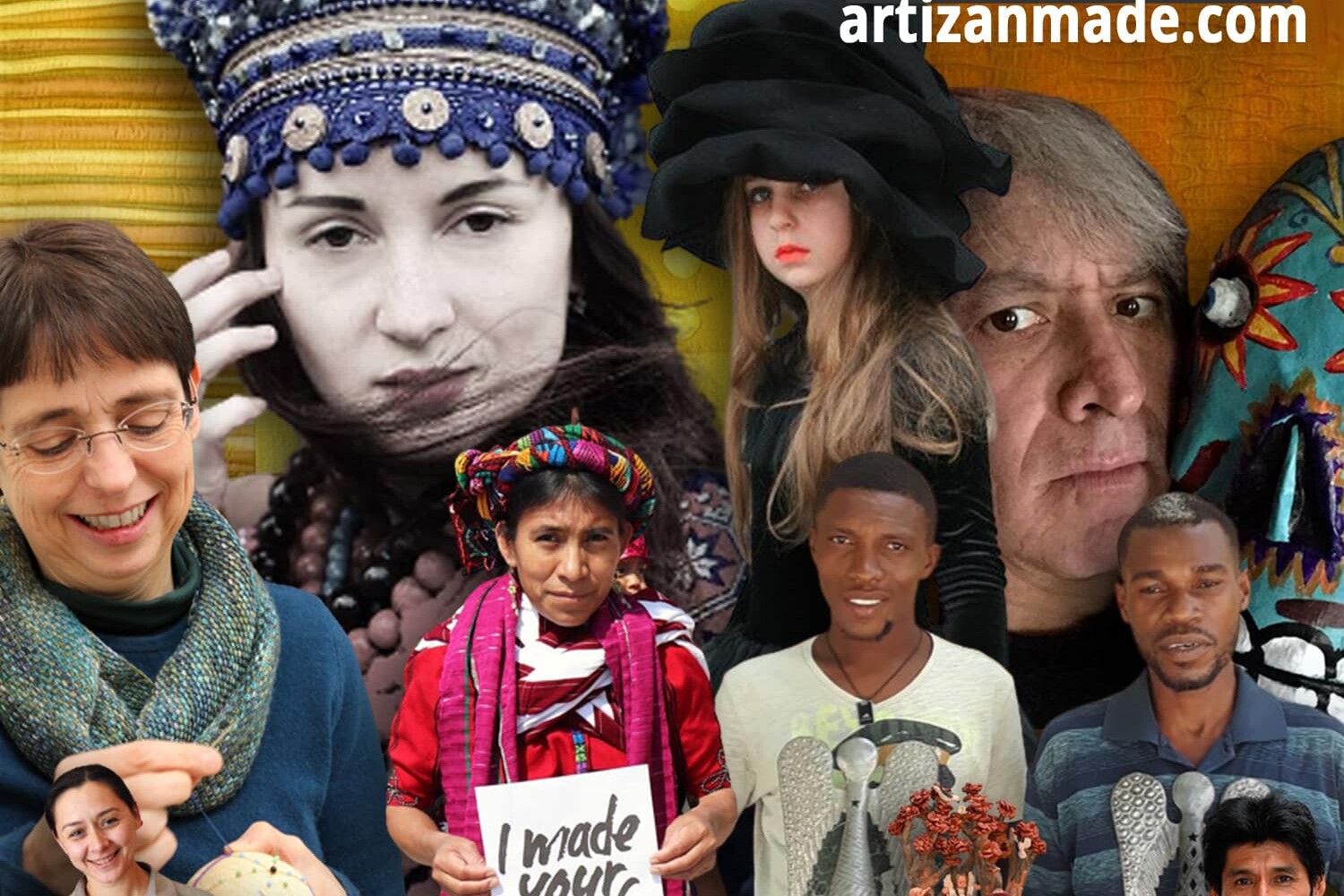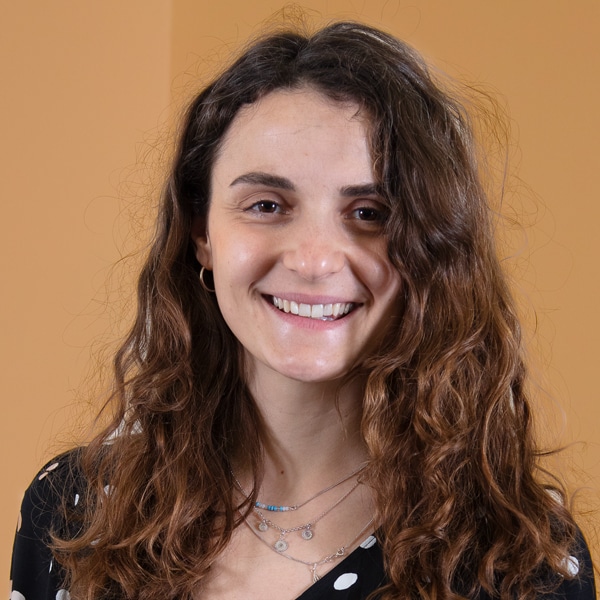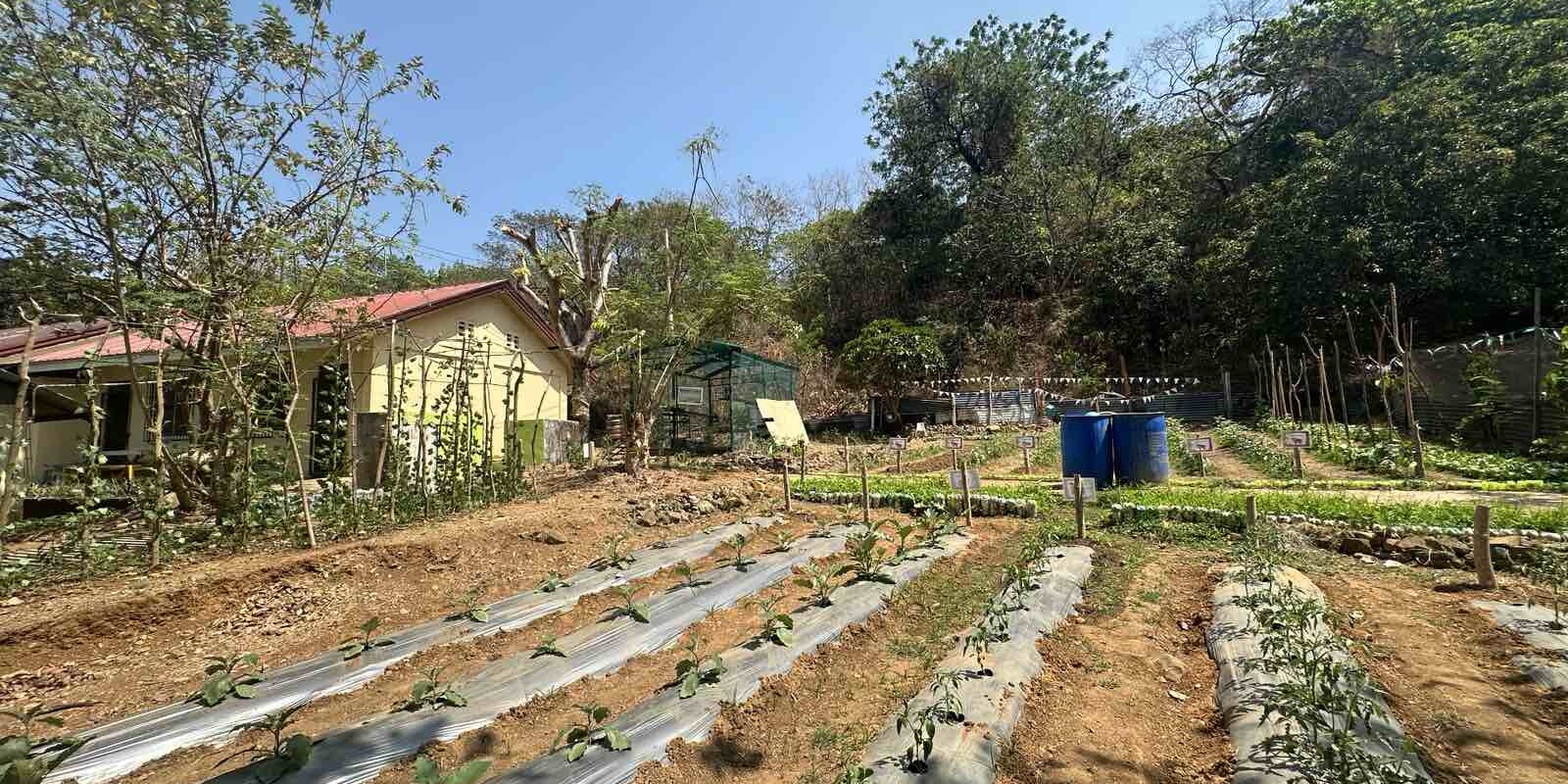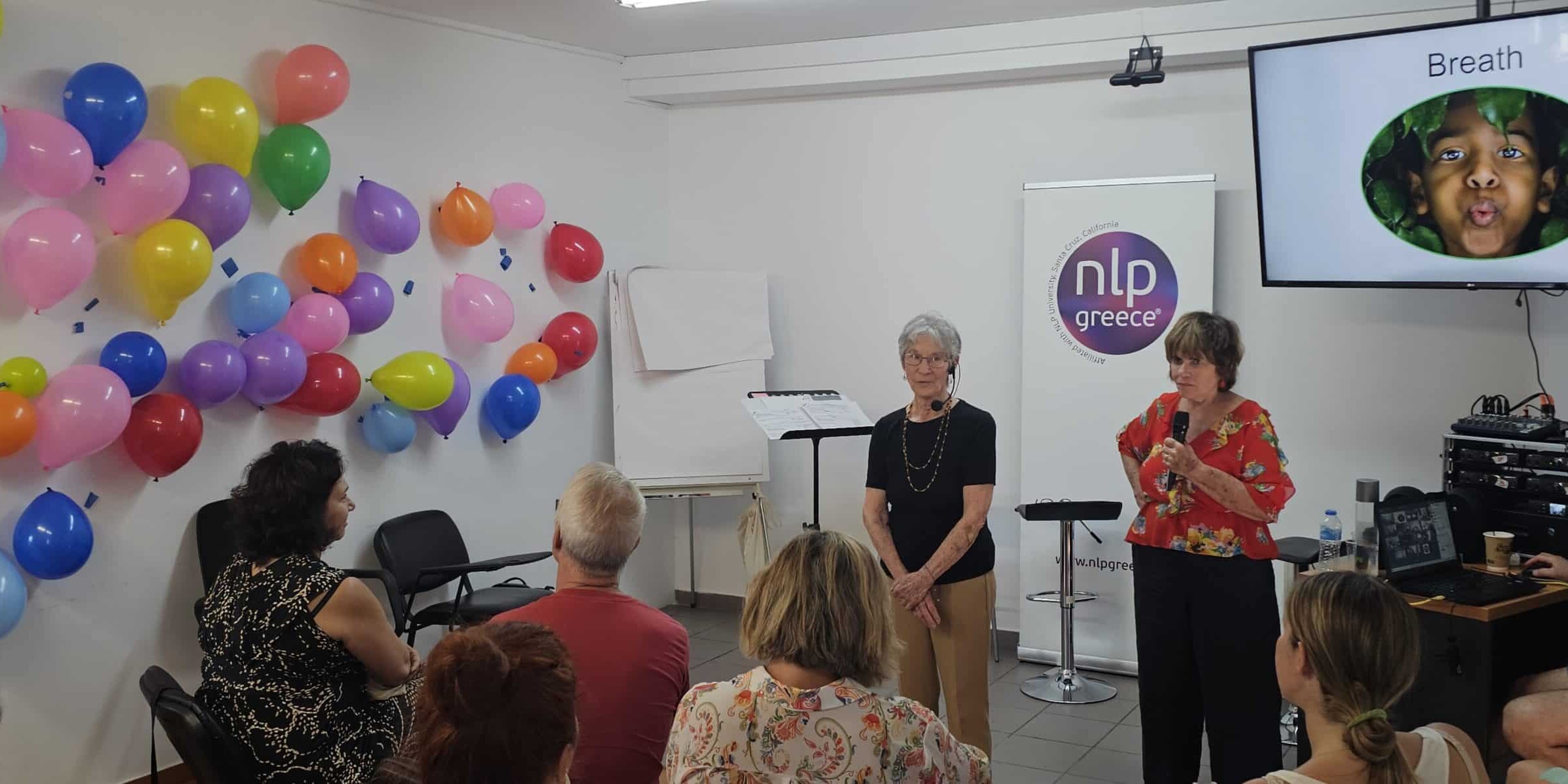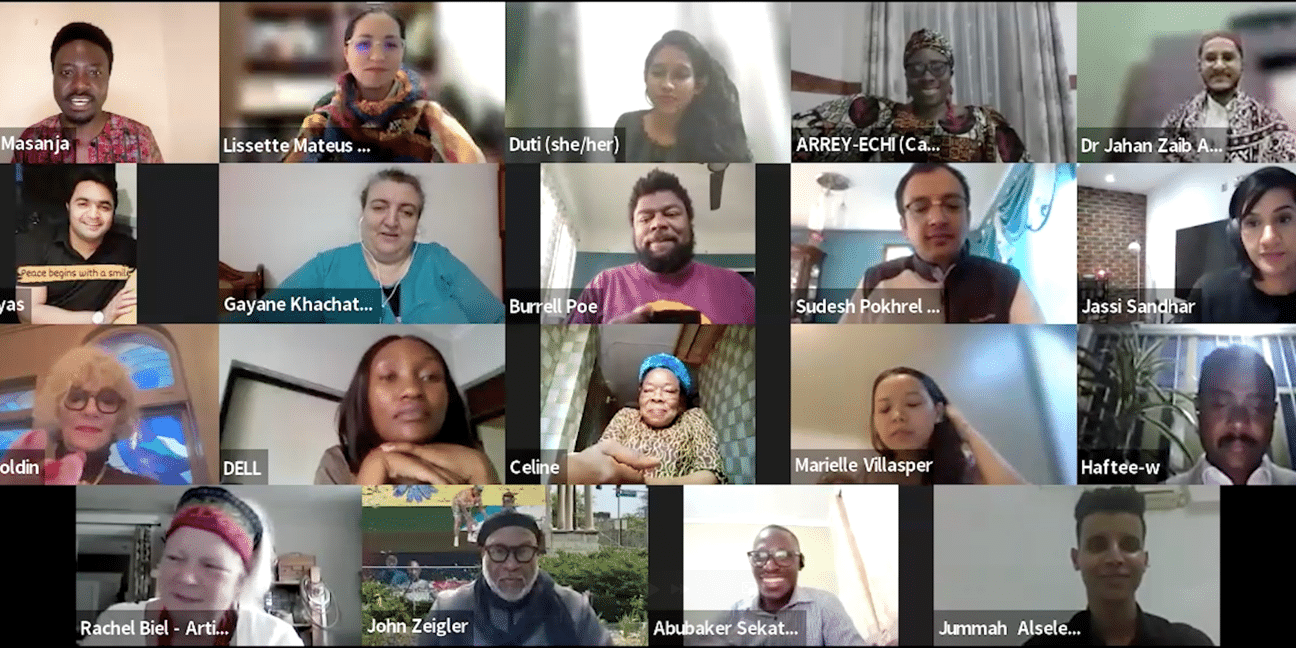Rachel Biel is among 20 2024 Goldin Global Fellows who, together, are learning and working as a Community of Practice. Learning from each-other’s experiences and utilizing the GATHER platform, they build on the talents of their neighbors and the assets of their communities to make real and lasting change in their communities.
Having just started her Fellowship participation, in this article, Rachel, the owner of Artizan Made in Kentucky, USA, shares the inspiration behind applying for the Goldin Global Fellowship and why this journey is already enhancing her three-decade-long work and activism.
She also introduces Artizan ReMade, a social project and study group dedicated to elevating human waste to the status of “material,” a resource everyone must use responsibly. The group advocates for creatives who can collect and use these materials to create new, long-lasting, valuable products.
Rachel grew up in Brazil and lived in a multicultural environment in Chicago for 20 years, and she aims to utilize the Goldin experience to contribute more to what is already being done regarding international communication and exchanges in her local community of Paducah, Kentucky, a Unesco Creative City.
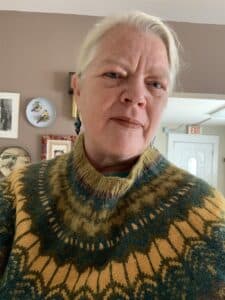
Meeting with Other Fellows, an Inspiring Encounter
She has been friends with John Zeigler, Senior Director of Programs at Goldin, for many years, which is how she first heard about the Goldin Fellowship as a place to meet like-minded people, inspire change, and be part of the change.
When asked about how she plans to implement Goldin’s lessons in her community, she highlights: “I want to bring my online communities together with my local ones in the spirit of creative placemaking models that have grown in the U.S. and other countries, where art is used as a means of economic development while bringing diverse people together in a safe and welcoming way.”
“Meeting the other fellows and going through the GATHER exercises is so interesting to me! I feel like I am still very much at the beginning of a journey, and learning about what the others are doing is truly inspiring!”
“I was so happy to see that several of the Goldin Fellows are working on sustainability as a focus, too. I want to learn more about their insights.”
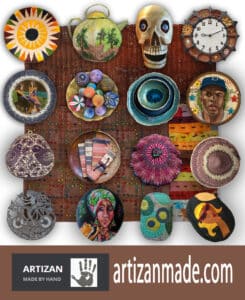
Artizan Made – Artists and Fair Traders Use Waste as Material
Artizan Made has 50 members who have online shops. About half sell on Etsy and the other half have their own sites. The goal is to help these shops with marketing and promote them on social media sites and wherever possible. Rachel hopes to grow the membership to around 200 shops, creating a diverse platform showcasing excellence in techniques and products. The historical narrative is vital as so many traditions are losing their masters, the keepers of the secrets handed down from generation to generation.
Rachel looks for talent that represents diverse communities from around the world. The product focus is on eco-fashion and home decor. She is looking for more representation of people of color and indigenous groups on the site. The Amiga Fund has been set up to help low-income applicants pay for their first membership year. She aims to showcase people working with sustainable materials, either grown (plant or animal) or upcycled from garbage. See membership info here if you are interested in joining this wonderful group! The Marketplace imports member products and then links back to their shops.
“When looking for members of my collective, Artizan Made, I have tried to bring in as many people as possible who also use waste in their creations. Garbage is out of control worldwide, and it is heartbreaking to see what we have done with the ocean, the air, and the land.”
Rachel, who has used waste as a material for many years in her own artwork, recently started a study group on Facebook, Artizan ReMade, focused on learning about why our global waste problem is out of control and how we can intercept the cycle, keeping usable materials out of landfills.
She believes that artists are very good at zooming in on a material they need and using it in huge quantities for their work. This includes used fabric, cardboard, metals, and everything we throw away or recycle.
“I thought it essential to study what is happening because the problem is beyond our imagination—it’s horrific! We are zooming in on one material at a time, and people can contribute their findings and share ideas along with their work. I hope that this will inspire local action in many places.”
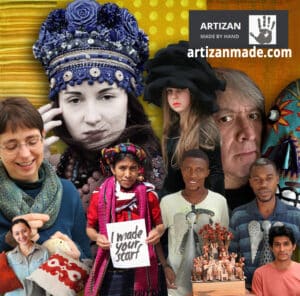
Artists Intercepting the Cycle!
The first topic the ReMade group explored was fast fashion. For this, Rachel draws attention to the harmful effects of fast fashion and the need to change. In this piece, she notes an important fact:
“More than 500 species of land animals are on the brink of extinction and are likely to be lost within 20 years; the same number were lost over the whole of the last century. The scientists say that without the human destruction of nature, this loss rate would have taken thousands of years, and they warn that this may be a tipping point for the collapse of civilization.” [Source: Earth.org]
Acknowledging the situation, Rachel emphasizes that people still have much to learn.
“I feel that I am well-read, educated, and aware, and there were so many things that I did not know, like the toxicity of the fibers that are used to make clothing in the U.S., including for children. There is very little oversight.” “There are piles of clothing in Chile and several African countries that are so big that they can be seen from space!” she adds.
A positive thing she learned about in the ReMade group is how many places are creating Maker Spaces that coherently organize these cast-off materials and make them available to the public.
“They also have fun activities like fashion shows that use waste, art events for kids, and so on. I would like to see this happen here in Paducah, and a couple of people have already expressed interest.”
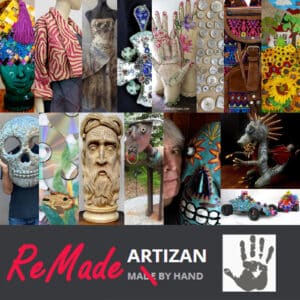
Global Awareness
The upcycling topic is just one of the angles she is looking at. “Another vital aspect is accessibility and visibility on the internet, especially for low-income and minority artists. This is a global issue. Every three years, everything changes online: social media trends, how websites are built, image sizes, and so on. Then, there are issues like housing, gun violence, drug use, etc., all creating stress in society and resources, and art has a role to play there, too.”
Several of the members of Artizan Made are living in traumatic times, with wars and violence happening in Ukraine, Israel, Guatemala, and Haiti, Rachel shares.
“These are the most volatile ones to which I have a personal connection. I feel that building connections across borders makes a difference where we can support each other and try to create systems that help the disenfranchised get the visibility they need to move forward with confidence.”
Networking with the Goldin Global Fellows has just strengthened this conviction, and Rachel looks forward to having these relationships last for many years: “It has been such an honor to be a part of GATHER, our learning platform! May we all move forward in the Light!”
